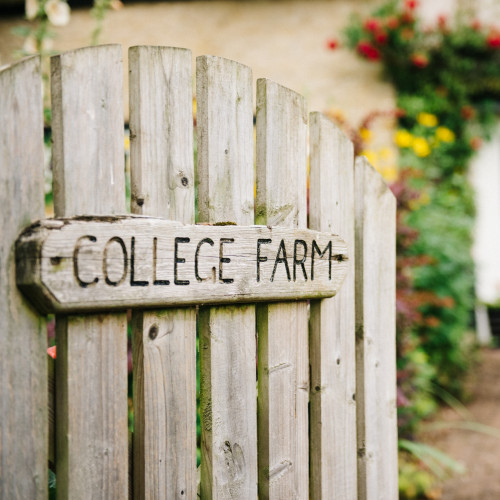Landed gentry were the first to name their properties, and many early names described the purpose of the house, for example The Forge, or The Mill House. In 1765, by law every London property had to have a number and a street name. In the country though, houses remained solely known by name, giving them an air of individuality and often grandeur. Estate agents often work with buyers who are specifically looking for The Old Manor or The Rectory, and these properties are quick to fly off the books. An attractive location implied by the name, such as The Willows or The Green, also entices potential buyers.
The reverse is also true however and the wrong name can hinder a sale for some estate agents. We’ve all seen the shocking news images of flooded homes, and that has left some buyers hesitating over properties with Riverside in the name. The most coveted names remain those based on historical uses within the community, such as The Vicarage or The School House. And simple names like Rose Cottage and The Cottage never go out of fashion.
So how hard is it to change the name of your property? Well, it’s quite easily done if your property also has a number, as that number and the street name make up the address details. If your home is only known by a name, you will need to get permission from the local council and Royal Mail, who generally only refuse if the new name duplicates another local property.
For a selection of town and country properties on the market with Michael Graham (many with coveted names), see below!
